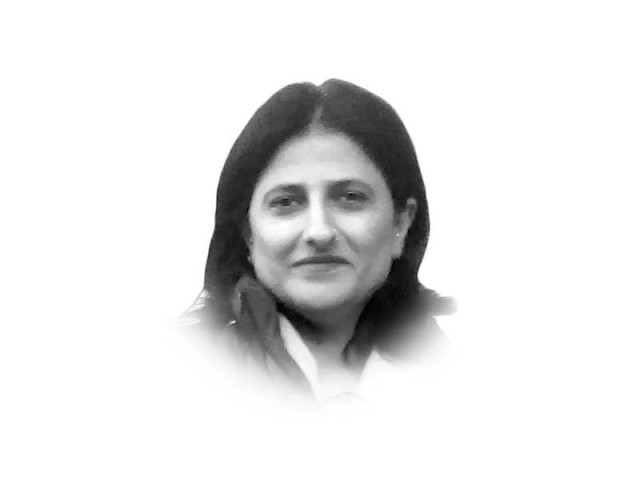Reconstructing perception on corruption
In Pakistan “politician” is a byword for a “corrupt man”

The latest Corruption Perceptions Index (CPI) ranks Pakistan at 28th among 180 countries. Pakistan is placed at 140th slot in the list of most corrupt countries, with a steady decline. However, this is just a perceptive index and reality could be even worse — or maybe better.
In the developing world, we have regularly witnessed that the game of regime changes is usually linked with allegations of corruption. Whenever powerful groups want to replace a political party or a leader, the first move is accusing him/her of promoting financial corruption in the country. This is an excellent game of semiotic for manipulating the perception of people that ultimately helps to remove the leader.
In Pakistan “politician” is a byword for a “corrupt man” and this perception is so strong that a common man does not want to change his opinion. Most politicians may fall under the category of “corrupt men” but are they the only group that is corrupt? It appears as though in Pakistan everyone is a law-abiding citizen except the politicians.
The Transparency report for Asia indicates that countries whose leaders are promoting themselves as “most clean men” are more corrupt under their regimes.
The report also suggests that leaders (in corrupt countries) have been able to portray themselves as more effective than state institutions and win mandates to gain power. Here comes a semiotic game of “reconstruction of corruption thought”. We have seen that new meanings have been given to corruption. One of the new meanings is that “all previous democratic governments were corrupt” and only the sitting government is honest.
Prime Minister Imran Khan who came to power with the promise of eradicating corruption insists that he has rid the country of corruption within the first 90 days of his government. However, CPI indicates otherwise. The ruling party will surely reject Transparency’s report and call it a conspiracy against Pakistan and itself. The ruling PTI is quite good at rejecting anything that questions its administrative abilities. We must remember the Pakistan government’s strong criticism of the FATF for keeping Pakistan on the grey list. However, criticising and rejecting the FATF report did not help anybody, and we will have to follow FATF instructions to come off the grey list. Even after the administrative disaster in Murree, there was an ongoing campaign claiming that people who died of hunger and cold were insensible to have travelled to Murree during harsh climatic conditions. The campaign suggested that people died in their vehicles due to inhaling carbon monoxide from the heating and not because of hunger or cold. These judgments appeared in government-friendly media much before the autopsy reports of the dead bodies were revealed.
Those who question the administrative decisions of the sitting government are often labelled as anti-state and then subjected to a sequence of defamation campaigns on social and electronic media. Consequently, most inquisitive or intelligent people have decided to not express any thoughts or opinions which has, in turn, helped those involved in corruption because everybody knows that restrictions on civil liberties (freedom of speech) always help corrupt individuals to continue their practices unchecked.
Digital media offers several tools to governments for creating an information space to advance their respective agendas against individuals who disagree with them. Social media trolling is just as horrific as a scene in which a rabbit is chased by hyenas on a moonless night.
I strongly believe that the dangerous side of social media is helping corrupt individuals as well as corrupt governments. Social media trolling silences dissent and is the perfect tool for the corrupt to continue their practices without any checks or investigations because the administrative authority to control and restrict social media lies with the government.












COMMENTS
Comments are moderated and generally will be posted if they are on-topic and not abusive.
For more information, please see our Comments FAQ